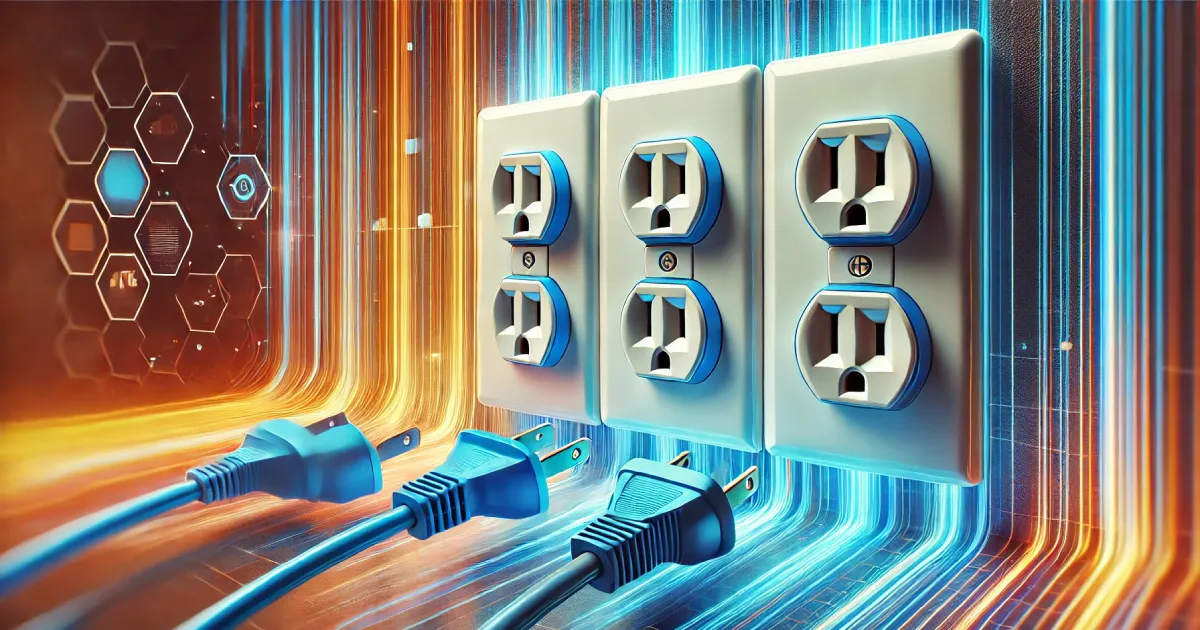AI's Power Demand May Raise Electricity Bills

As artificial intelligence (AI) continues to revolutionize industries, a growing concern looms over its significant energy consumption. This technological marvel, promising enhanced efficiency and productivity, may come with a hefty price tag for both our wallets and the environment.
Energy experts are sounding the alarm as AI's power demands skyrocket. The World Economic Forum reports that the computational power needed to support the growth of AI is approximately doubling every 100 days, with applications like ChatGPT consuming 33 times more energy than traditional software. This unprecedented growth is forcing a reevaluation of our energy infrastructure.
Utilities may soon face a challenging transition. To meet AI's demands, CNN said they might need to shift from conventional $30 per megawatt generators to peak-load plants costing around $1,000 per megawatt. This stark increase could directly impact consumer electricity bills.
The numbers are staggering. Goldman Sachs predicts AI energy requirements could add an extra 160% to projected electricity demand growth by 2023. To put this in perspective, if Google were to implement AI across all its existing systems, it would consume as much electricity as the entire nation of Ireland annually.
This surge in energy consumption is already affecting major tech companies' carbon footprints. Google, Microsoft, and Meta have all reported significant increases in emissions due to AI development, challenging their carbon reduction pledges.
However, it's not all doom and gloom. AI's potential for increasing efficiency and reducing waste across various industries could offset some of these energy costs. The technology is also expected to evolve and become more energy-efficient over time, similar to other technological innovations.
The critical question remains: Can AI solve real-world problems while minimizing its own energy consumption and environmental impact? As we stand on the brink of this AI revolution, finding a balance between technological advancement and environmental responsibility will be crucial for a sustainable future.





